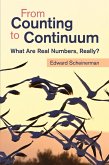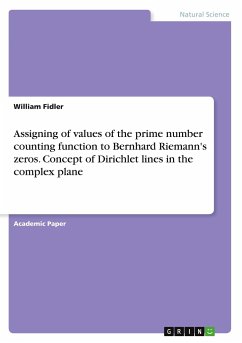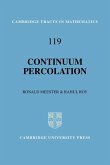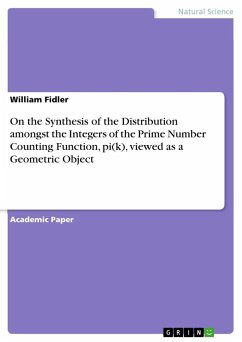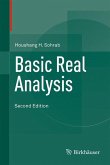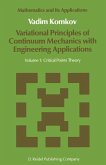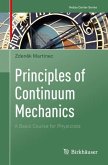Understanding the natural numbers, which we use to count things, comes naturally. Meanwhile, the real numbers, which include a wide range of numbers from whole numbers to fractions to exotic ones like ¿, are, frankly, really difficult to describe rigorously. Instead of waiting to take a theorem-proof graduate course to appreciate the real numbers, readers new to university-level mathematics can explore the core ideas behind the construction of the real numbers in this friendly introduction. Beginning with the intuitive notion of counting, the book progresses step-by-step to the real numbers. Each sort of number is defined in terms of a simpler kind by developing an equivalence relation on a previous idea. We find the finite sets' equivalence classes are the natural numbers. Integers are equivalence classes of pairs of natural numbers. Modular numbers are equivalence classes of integers. And so forth. Exercises and their solutions are included.
Hinweis: Dieser Artikel kann nur an eine deutsche Lieferadresse ausgeliefert werden.
Hinweis: Dieser Artikel kann nur an eine deutsche Lieferadresse ausgeliefert werden.


